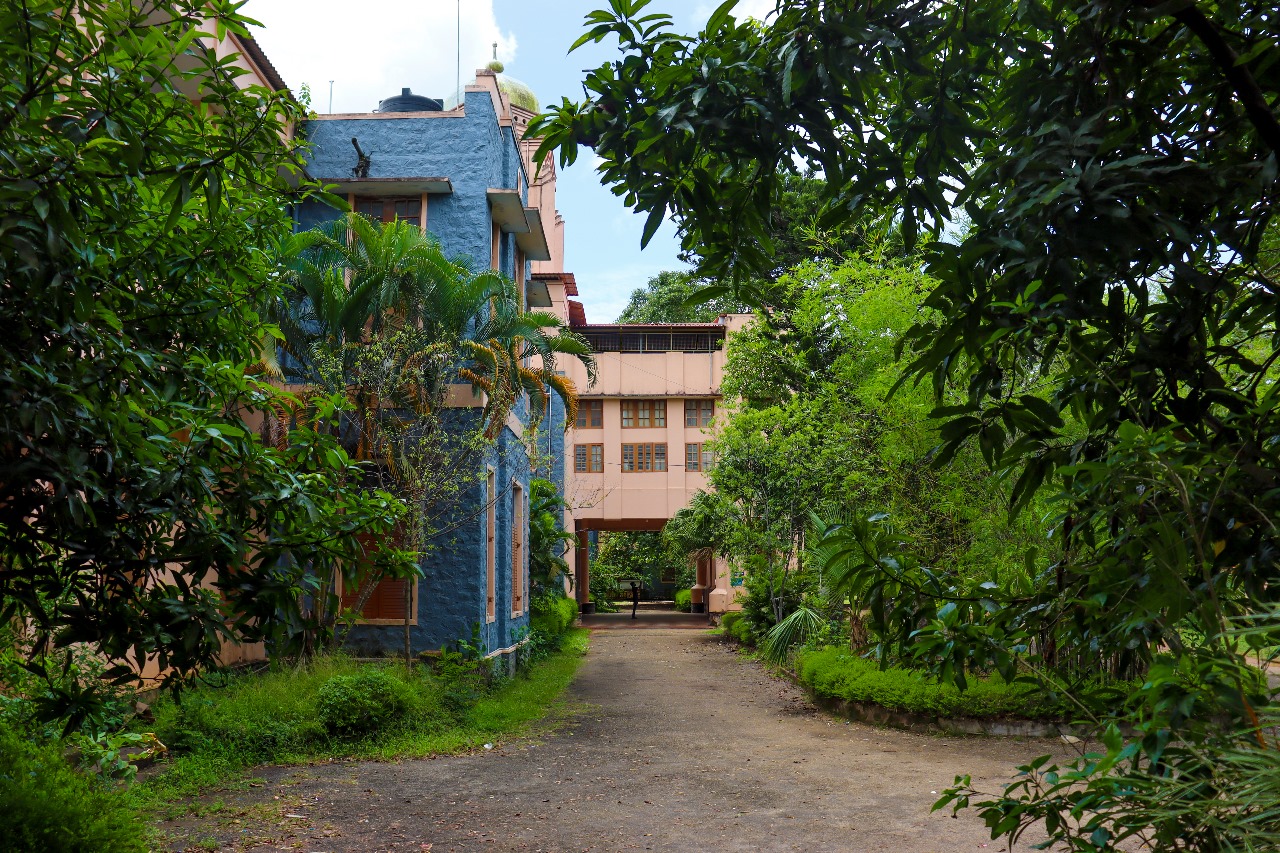DEPARTMENT OF BOTANY
The department was founded in 1957 and began offering undergraduate (BSc Botany) and graduate-level (MSc Botany) courses in 1982. In 1988, the department earned recognition as a research hub. The department currently has Six permanent faculty members and one guest faculty member. The research department works on a number of initiatives, such as departmental projects and providing research guidance to students enrolled in PhD programs. The DBT-FIST program and the BSR program both provide support for the department. The department has worked with prestigious research organizations as JNTBGRI, MBGIPS, RGCB, and CTCRI, among others. The MSc Botany program offers 'Biotechnology' as an elective and has a fully functional tissue culture facility available for it. 'Mushroom Cultivation and Marketing' is another elective course offered by the department for the BSc Botany program. In addition that two Value added/ Add on course were offering annually. Research projects are being conducted in the fields of phytochemistry, Molecular Taxonomy, Pant Systematics, Environmental research, and Reproductive biology. The department has three classrooms with ICT capabilities, two research labs, two laboratories for the MSc program, and one laboratory for the BSc program. The department makes sure the students under the faculty's supervision receive the greatest support and direction possible throughout their academic careers as part of a quality improvement program. Regular PTS, ongoing evaluation, and tutorial systems are used to assess and improve pupils' overall growth. Group tutors keep an eye on students' academic progress and provide poorer students more attention. Additionally, the department yearly hosts National and International Seminars, Workshops, and recognizes significant scientific holidays. As part of the curriculum, study visits were frequently organized for UG and PG students to visit R&D facilities, Botanical gardens, Sanctuaries, and National parks. The department's faculty conducted active research and annually created more than 30 publications. The department has highly advanced equipment, including PCR, Camera attached Sterio-Microscope, a Bioreactor, an Ultra Centrifuge, a Deep Freezer, Electrophoresis Units, Gel Documentation System, UV & Visible Spectrophotometers, Flame Photometers, an Incubator Shaker, a BOD Incubator, Hot Air Ovens, Triple Distillation Unit, Autoclave, and Laminar Air Flows (both vertical and horizontal) etc.

